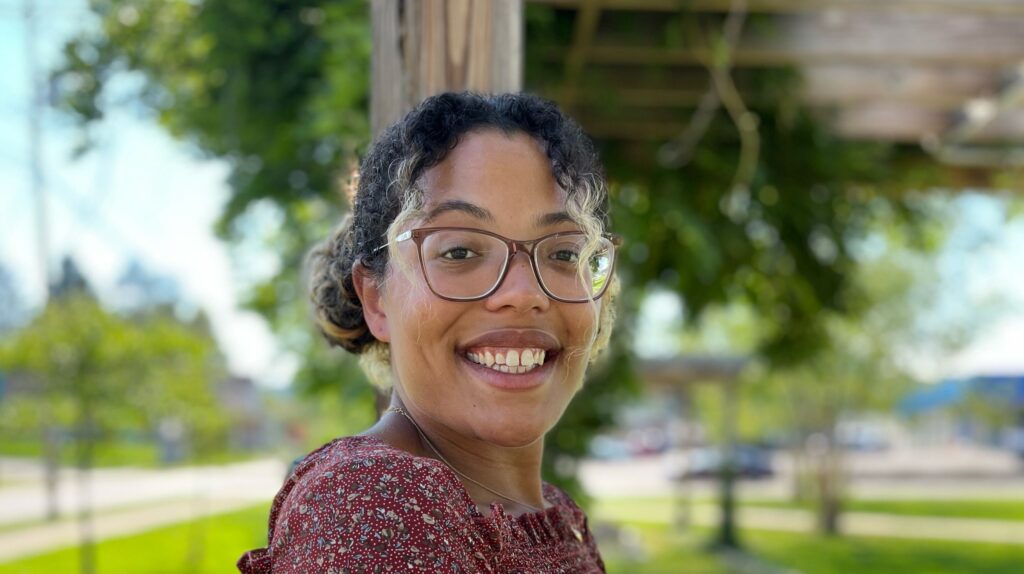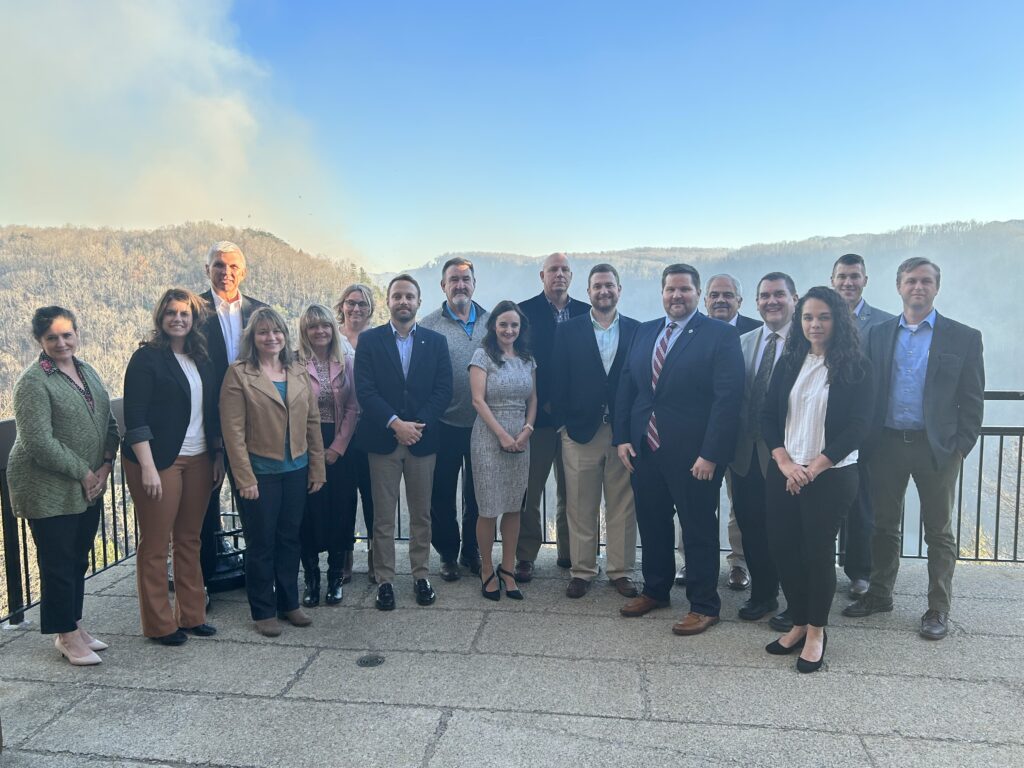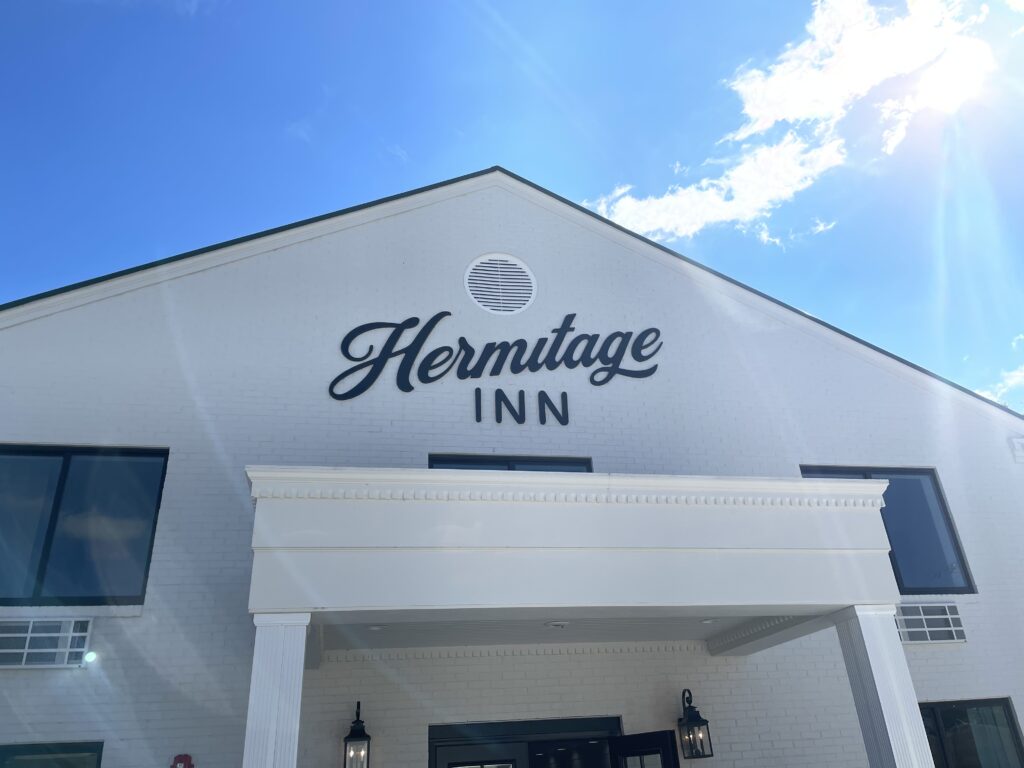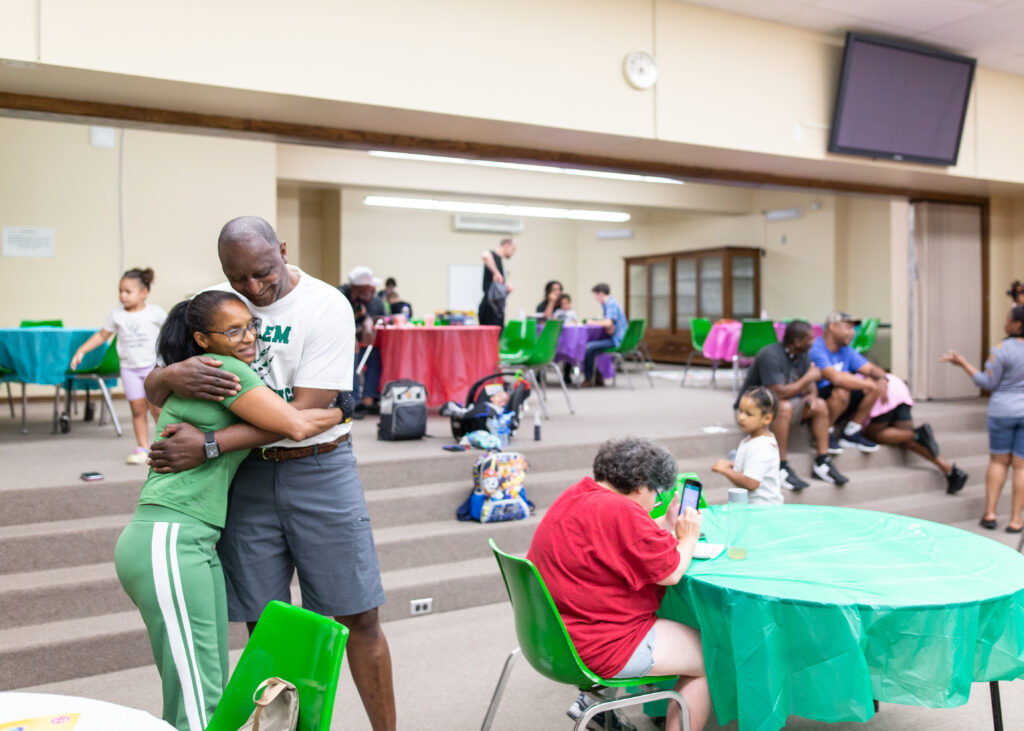The Hub’s Diversity, Equity & Inclusion Journey
The Hub’s Reason for Racial Equity Work
The West Virginia Community Development Hub supports West Virginians with the tools and training they need to lead and spark positive change in their hometowns and across our state.
In 2009, The Hub was founded by a small group of passionate, committed community development leaders who saw an opportunity to establish a new, innovative approach to create community growth and transformational change in rural areas of West Virginia.
The Hub has walked alongside dozens of rural communities across West Virginia since our founding. We are proud of the many ways our partner communities have created the very change they sought. As an organization leading within the community development system, The Hub has experimented, adapted, and changed our programs while retaining our core values.
"Having a dedicated internal staff group like the Equity Advisory Team ensures that The Hub is intentional in creating an organization that is representative of the communities we serve and that all staff members have a sense of belonging."
– Kalyn Obiozor-Dorey
Equity Advisory Team Facilitator
One of our core values is that “We believe diversity creates strength.”
At a local level, that looks like asking “Who isn’t here? Who should be?” when we are gathered with a community leadership team. Reflecting on our organizational history, we must acknowledge that by working in rural communities with populations of less than 15,000, we have not reached an inclusive and diverse cross-section of people in West Virginia. We began asking ourselves “Who isn’t here?” when examining our involvement with communities statewide. Social unrest in 2020 brought us to examine our own role in white supremacy, ableism, classism, gender discrimination, and the ways we have perpetuated unjust systems in our communities and across West Virginia.
Since 2020, The Hub’s equity journey has included a staff racial equity learning series, making internal commitments to increasing our hiring and retainment of diverse staff including creating full-time Racial Equity Fellowship and VISTA positions, committing to increased coaching for rural communities of color across the state, and tackling the inherent challenges of advancing equity across the community development field within a highly rural, majority white state where Black and brown leadership has been historically marginalized and under-invested. Outcomes of this journey are discussed in more detail below, and we see ourselves at the beginning of an on-going process of building a core commitment to racial equity that will guide the organization’s work in the future.

West Virginia thrives when all West Virginians are offered a seat at the table and welcomed into the community building process. The Hub is committed to walking alongside residents who want to create positive change and tell the stories of their community. The picture above features Sherri and Dorian James, two community leaders on the Monticello Ongoing Revitalization Effort (M.O.R.E.) Blueprint Communities team.

Community members are working together by developing a place to gather, learn new skills, and recreational activities at the Kelly Miller Community Center, located in the historically-Black neighborhood of Monticello in Clarksburg.
Our Commitment
Our belief in the power of local people to see the value and the potential of their place, and of each other, is at the core of our belief in the potential we have to build power in West Virginia to advance racial equity, inclusion, and accessibility while disrupting systems that have historically excluded.
In order to disrupt these systems, we will engage in conversations that uplift communities and leaders of color, that move from talk to action on why race matters in West Virginia, and that are explicit in exposing how racism and racial inequity shows up in rural, majority white communities. We will support investment in Black-led organizations and in rural Black leadership in particular. And we are committed to driving public and private investments into these spaces, both organizational and geographic.
We believe there is an opportunity to start from the ground-up in this work and to commit to the long-term effort to build power through leadership development, through programmatic strategies, and through partnerships that commit to building power and advancing racial equity.
TEAMWORK

The 2021-2022 Equity Advisory Team consists of 5 staffers of The Hub, including (left to right) Jorge Rodriguez-Stanley, Katie Loudin, Kalyn Obiozor-Dorey, Kaycie Stushek, and Olivia McConnell.

As part of the overall Diversity, Equity, and Inclusion (DEI) focus happening at The Hub, we are trying to be more intentional and mindful about building DEI and accessibility into all of our programs from initial development through completion. The screenshot above was from our Community Conversation: Building An Equitable Team where participants learned about the importance of intentionally bringing people with diverse perspectives and backgrounds onto their community teams.
MILESTONES
Learning about racial equity, implicit bias, and privilege for all staff, beginning in 2018 and continuing through the present in quarterly staff meetings and retreats.
Completing a multi-month racial equity internal organization training in 2020.
Examining our internal policies, practices & communications through a Racial Equity Audit conducted by an external consultant in the summer of 2021.
Formation and operation of the Diversity, Equity & Inclusion (DEI) Board of Directors Sub-Committee in July 2021. The DEI Sub-Committee works to move forward The Hub’s internal DEI Strategic Plan in partnership with Hub staff members.

Hiring a Racial Equity Fellow, Kalyn Obiozor, through Generation West Virginia’s Impact Fellowship program in August 2021 to advance the DEI goals of The Hub. Kalyn is moving forward the recommendations of the Racial Equity Audit, working alongside The Hub’s community coaching team to better serve systemically underserved people and communities in West Virginia, and supporting integrated diversity, equity, inclusion & accessibility planning and implementation across all Hub programs.
Examining and changing our hiring process and practices beginning in January 2022. The Hub made significant changes to increase the number of diverse applicants we receive by changing our job announcement and recruitment strategies, re-structuring job descriptions to be more accessible, posting salary ranges in job descriptions, and sharing interview questions with all candidates prior to interviews.

Formation and operation of a staff-led internal Equity Advisory Team in March 2022. EAT meets twice a month to hold the organization accountable to the recommendations of the Racial Equity Audit, operate as a safe space for staff concerns, and mobilize new learning about DEI best-practices for The Hub.

Bringing on a Racial Equity AmeriCorps VISTA member to serve with The Hub for one year, beginning in August 2022. The Racial Equity VISTA will continue to move forward the DEI goals of The Hub through the Equity Advisory Team and Hub programs.
Inclusion of DEI goals in all team work plans, for which there are regular checkpoints throughout the year and in every program planning meeting.
Analyzing and revising the organization’s policies and procedures to be more equitable. This work has begun in 2022 and will be revisited annually.
Questions

Reach out to Kalyn Obiozor-Dorey with our team at The Hub. Find Kalyn at [email protected].



